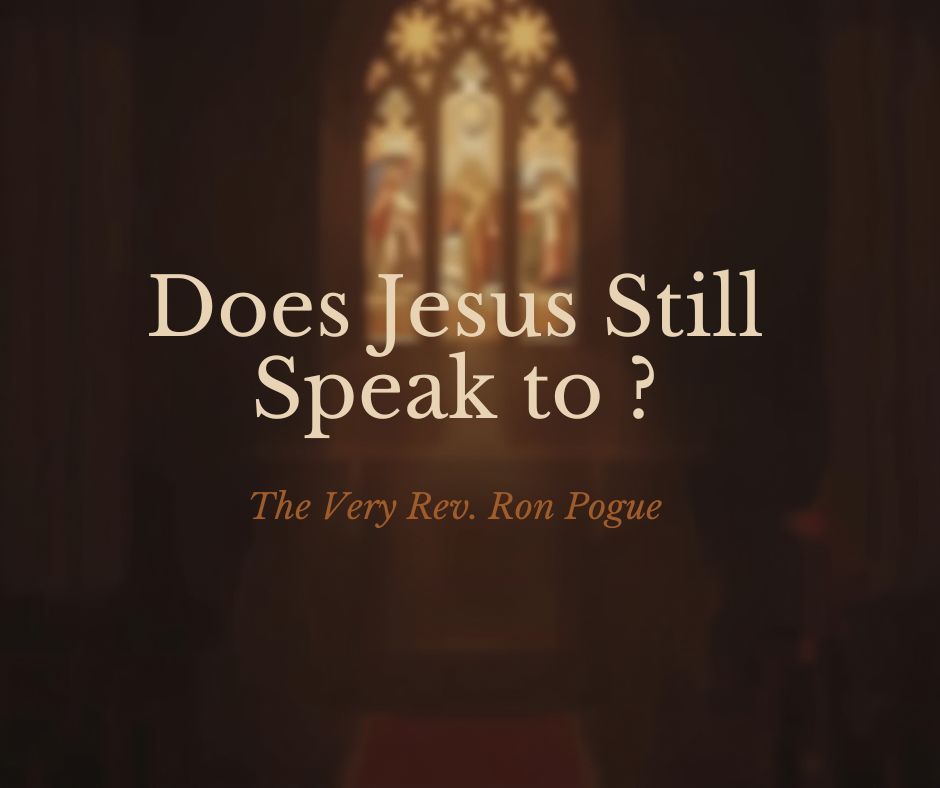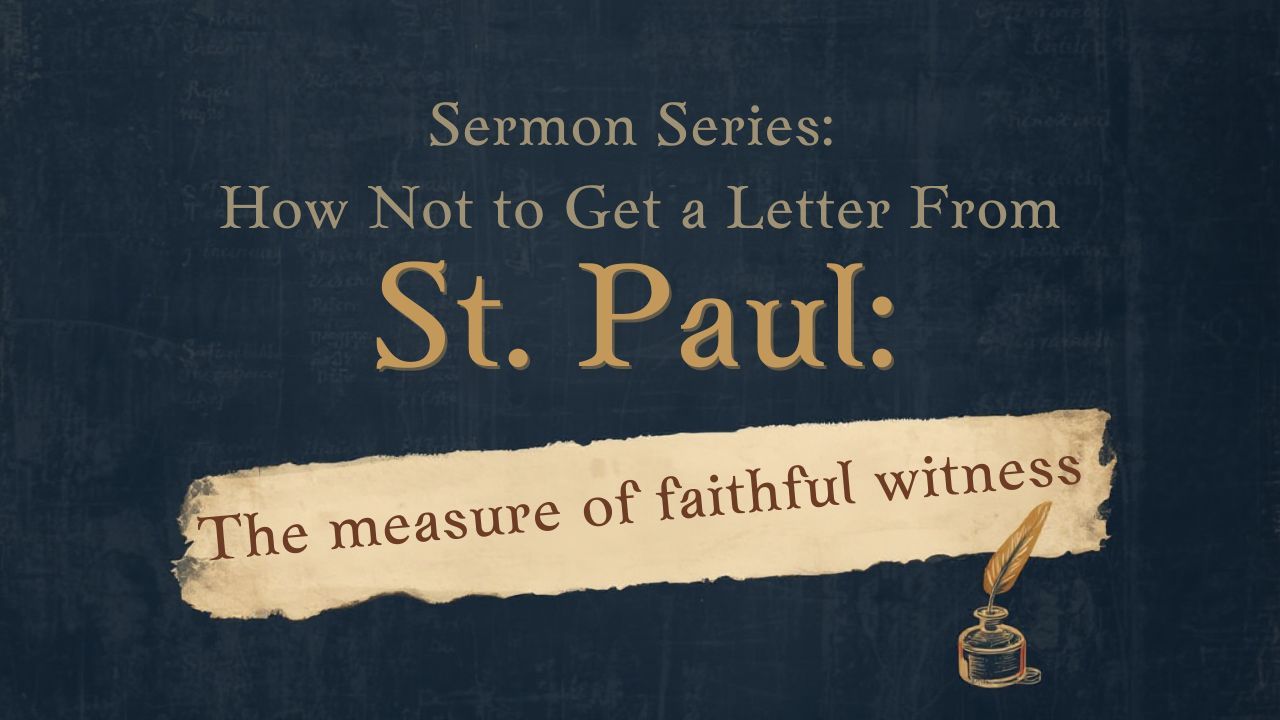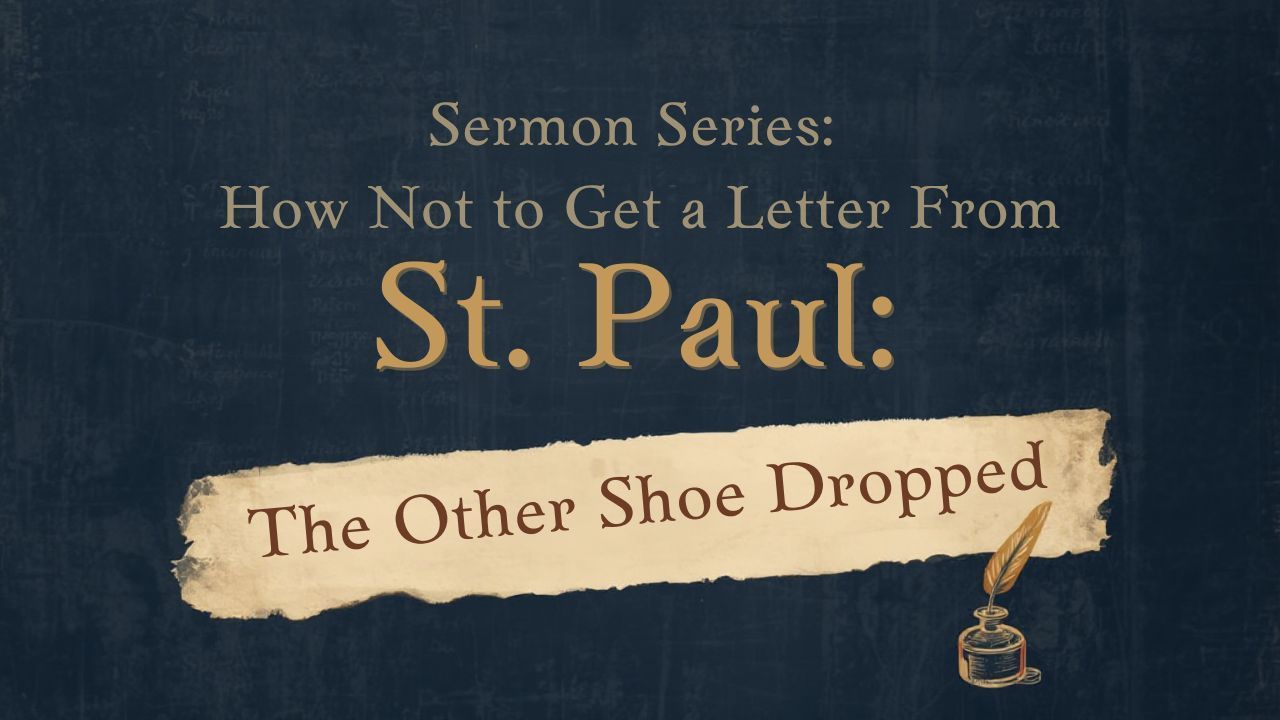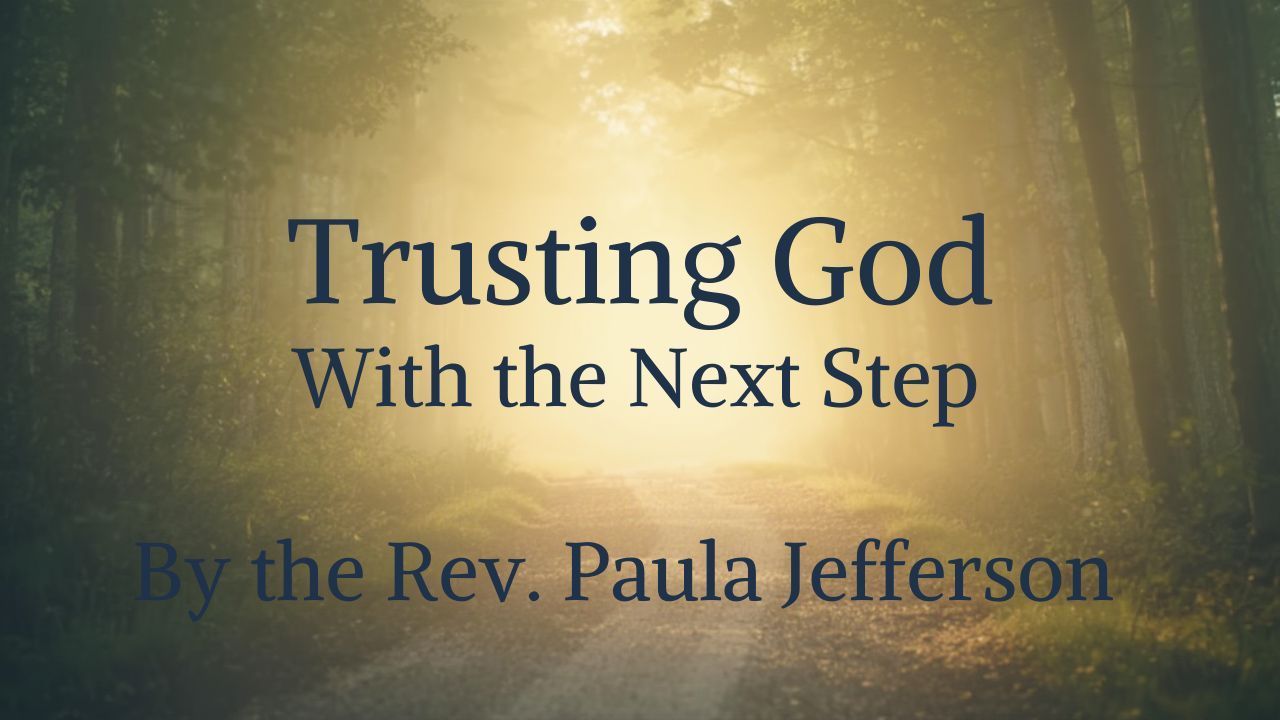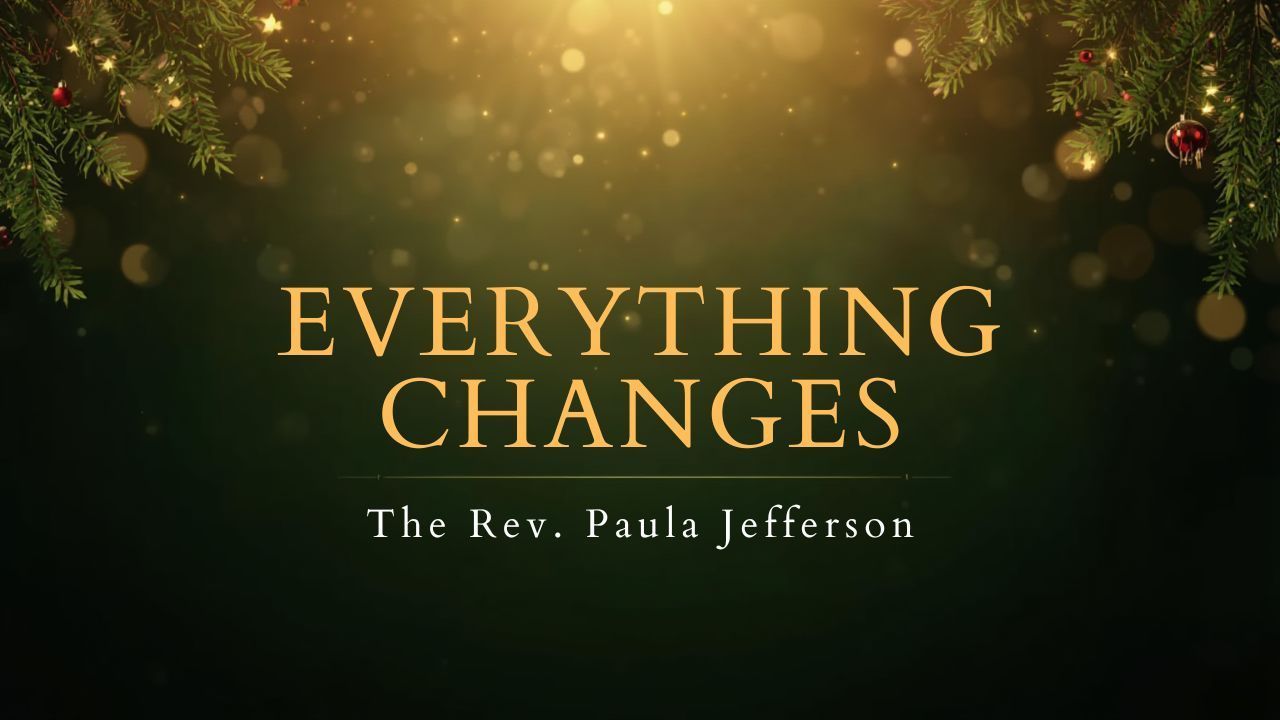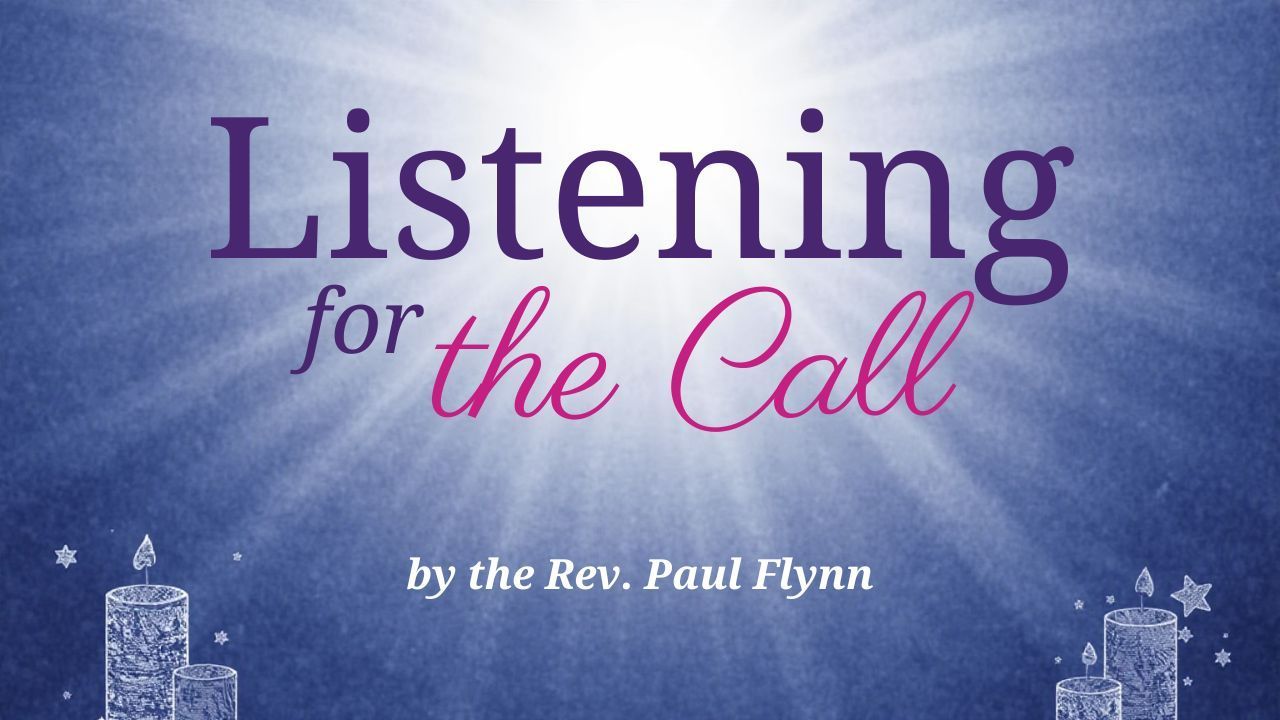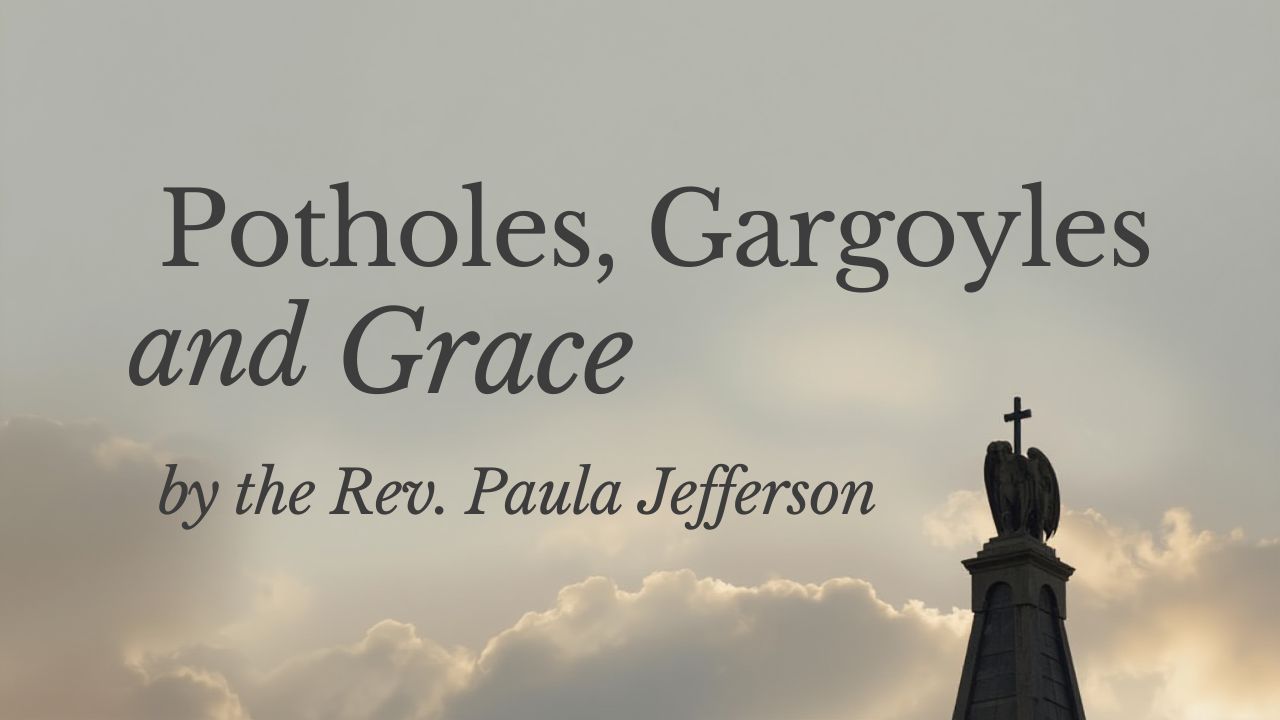This is a subtitle for your new post
Early on Friday morning, I was sitting with today’s readings and praying for God’s insight. What is the message God invites us to hear through these beautiful readings today? And then my cell phone buzzed. Much to my surprise, it was a text from a friend — one of those two people who had spent nearly 2 1/2 years diligently making a paten and chalice when I was becoming a priest. I was surprised because I knew that she and her husband are 5,000 miles away in Spain. They are just beginning the Camino de Santiago.
The “Camino” is a pilgrimage trail that leads to the burial place of St. James and Christian pilgrims have been walking that trail since the early Ninth Century, when the apostle’s grave was discovered. On the evening before her first day of hiking, my friend was a little bit nervous. Her starting point is 500 miles from Santiago and on the first leg of the hike, she and her husband must cross the Pyrenees Mountains. On foot.
I would be nervous, too.
The first letter of Peter is written to churches located in Asia Minor. Today, we call that part of the globe Turkey. It was written just 50 or 60 years after the crucifixion so it is written by that next generation of people. Their parents remember walking with Jesus. The purpose of the letter is significant. The author addresses a critical situation in the lives of those who will read it. These are people who once were the movers and shakers of their community and their time. But now that they are baptized followers of the Way, they are outsiders. They are persecuted and they are abused.
The author writes to them a beautiful, theological, and pastoral letter, one that still resonates today: “Come to him, a living stone, though rejected by mortals yet chosen and precious in God’s sight, and like living stones, let yourselves be built into a spiritual house….”.
Like living stones, let yourselves be built into a spiritual house. It is beautiful imagery meant to be translated into life.
My friend, whose 500-mile pilgrimage is just beginning, has never walked a pilgrimage trail. Brandy did not yet know that every morning she will join people who happen to arrive at the trail head when she does -- people who are also walking the Way.
The group will walk together, and then, slowly, smaller groups will form as hikers match up with others walking their pace. And every day she will meet people she will never forget because they have shared a portion of the journey. Even though she will be on this trail more than 30 days, if my experience is any guide, she will probably never meet the people she met today again.
As each day’s hike begins, pilgrims, like living stones, form a spiritual house on the trail. They care for one another, encourage one another when the trail is challenging, they share water, and band aids for blisters. I remember being welcomed into a makeshift tent when hail unexpectedly just began to pour from the skies.
There are no strangers on the Way.
And Church is like this, too, I think. When we gather to worship, we become the mystical Body of Christ. When Church is done well, we like pilgrims care for one another and we encourage one another when life is tough. We share our talents and financial gifts. When it’s hailing in our lives, we find safety and shelter in this spiritual tent.
But, it doesn’t just happen.
The author says, “Like living stones, let yourselves be built into a spiritual house."
We are not inanimate, unthinking, unfeeling hunks of rock. We have been given gifts that allow us to act, think, and feel. We are privileged: we can use our human gifts to resist God’s invitation to stir the pot of discontent, to do acts of violence in the world…Or we can choose the Way.
Am I willing to give up my autonomy: My right to claim Sunday morning as my own. My right to sit in a corner and ignore the needs of the world. Am I willing be part of something that is not just a Burger King where everything is served up my way?
For this—or any--congregation to become a spiritual house, all of us must choose to be part of the whole and to flourish in the pilgrimage of congregational life.
Today, we will share two significant events that bear witness to the congregational life of St. Christopher’s.
In just a few moments, we will celebrate with the Daughters of the King as two parishioners become part of this Order. In our parish life, the Daughters are very active. They pray for us daily. I know that because I’m part of the prayer chain. They show up whenever I call, whenever they're needed. Sometimes I don't even know I need them and they show up anyway. The Daughters form a spiritual house among us because they have allowed their lives to become living stones.
After our worship time, we will gather in the fellowship hall for a transparency luncheon and conversation. It’s an opportunity for the staff and Bishop’s Committee to share with all of you, all the work we have been doing for the past three months and to wonder, together, how God is inviting each of us to be part of the spiritual house God imagines for us.
And then we will break bread together and enjoy a meal together.
On Friday morning, when my friend was feeling nervous, she reached out to a buddy, a relationship that had formed in congregational life many years ago and was 5,000 miles away. But through the magic of technology, I texted back with an excerpt from our Psalm today:
Be my strong rock…
Lead me and guide me.
It is the pilgrim’s prayer that when our lives feel out of control because they spoiler alert our lives are actually out of our control, we know that God is our strength. We do not have to rely on our own human compass to find the path. God is the Way. And, when we incline our ear to God, God does lead and God does guide us on the Way.
Maybe the pilgrimage that all of us will make this year is not a 500-mile hike in some far away place, maybe our pilgrimage is right here, in the Daughters of the King, serving as an acolyte, singing in the choir, helping with Laundry Love, participating in Christian Formation and all the other stuff that makes us a congregation.
Our strength, our life and our very Hope is here—in the community of faithful living stones we call St. Christopher's. Thanks be to God.
